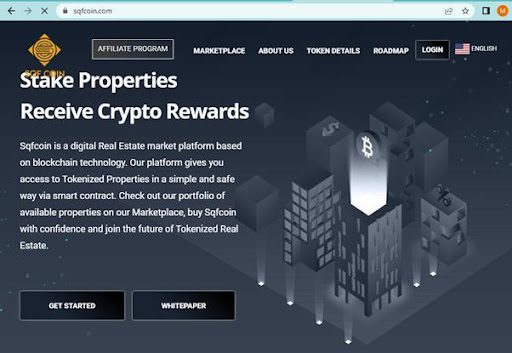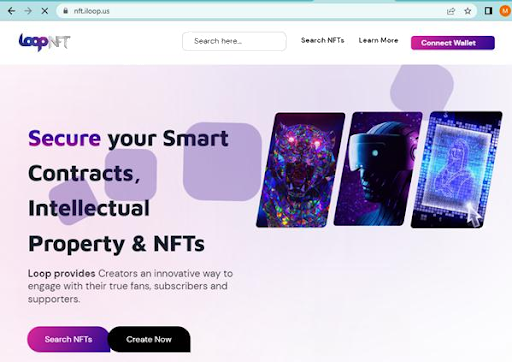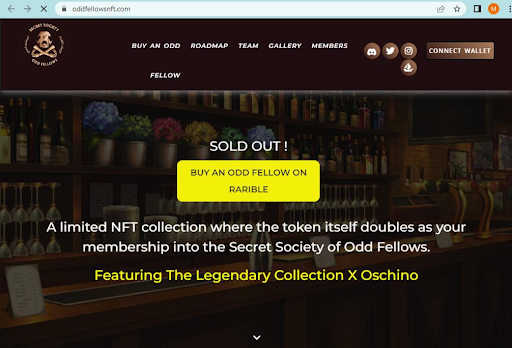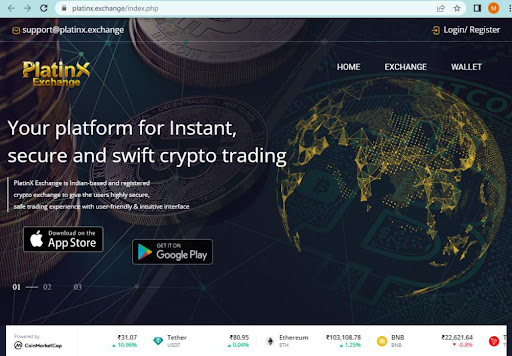
WE BRING YOUR IDEA TO LIFE
We have developed over 40 mobile applications for the world’s leading Enterprises and Startups.
Company
Services
Our Work
Solution
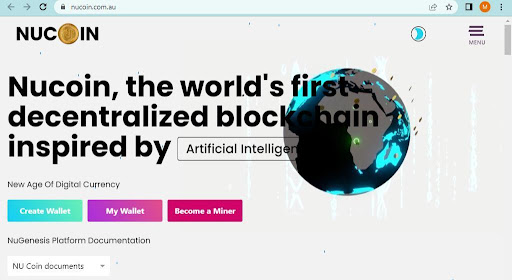
A Blockchain is a platform that allows users and developers to create novel uses on top of an existing Blockchain Infrastructure.
Ethereum has a native cryptocurrency known as Ether (ETH). But the Ethereum blockchain also allows the creation of smart contracts and programmable tokens which are used in Initial Coin Offerings (ICOs), Stackings, Exchange & Non-Fungible Tokens (NFTs). These are all built uparound the Ethereum infrastructure and secured by Nodes on the Ethereum network.
With the emerging technology, We have worked on several projects based on Blockchain Technologies and in some of the projects, a blockchain network system capable of accommodating the metaverse, right now.
The system involves multiple interoperable cross-chains, and parallel processing, to achieve unlimited speeds and scalability. It is designed to cater for the mass adoption of blockchain technology and accommodate the transition from the internet to the metaverse.
The system is designed to accommodate the evolution of interactive NFTs™ and other Digital assets representing value being created, leveling up, and being exchanged: whether in physical, augmented, or virtual reality.
Why is Blockchain used and which are the Sectors Involved?
Using Blockchain Technology, participants can confirm transactions without a need for a central clearing authority. Potential applications can include fund transfers, settling trades, voting and many other issues.
Blockchain helps in, Payment processing and money transfers, Monitor Supply Chain, Retail Loyalty Programs, Digital IDs, Data Sharing, Copyright & Royalty Protections, Digital Voting, Real estate, land, and auto title transfers, Equity Trading, Managing IOT networks, Media Industry and everything which keeps transactions in a Decentralized form.
Blockchain: Nucoin (EVM Compatible Blockchain)
Front End: React JS, JavaScript, Jquery
Back End: Node JS, Express Js
Smart Contracts Implementation: Solidity
SDK - Visual Studio
Repo - Github
Methodology - Agile
Project management Tool - Jira
